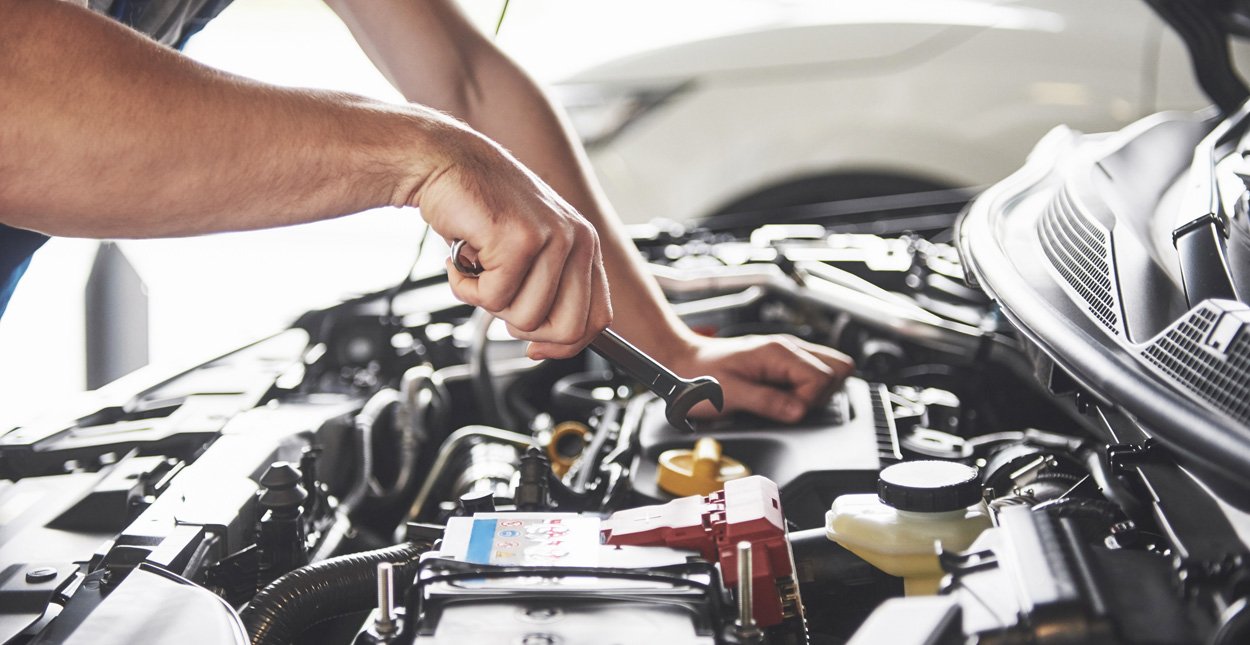Essential Auto Repair Fundamentals Everyone Can Utilize
Problems with your car represent one of the most frustrating things that can happen during the course of a day. But, if you have a simple understanding of auto repair techniques and standards, you will be able to handle them with relative ease. Keep reading to gain additional information about getting your car the repairs it needs.
Safety Harbor Windshield Replacement FL
If you hear a squealing sound when you step on your brakes, it is likely that you need new brake pads or rotors. Do not wait to have a mechanic check your brakes. There will be more damage to pay for and it is also dangerous to drive your car if your brakes are not functioning properly.
If any parts of your car need to be replaced, make sure you ask for the (OEM) Original Equipment Manufacturer parts instead of generic parts. Keeping the exact specifications required by the manufacturer is essential in having optimum performance. Although generic parts are cheaper, spending a little more on OEM parts will make a big impact on your car's longevity.
If you notice your windshield wipers are not removing all the water from your windshield when it rain, you may need to replace the blades. This is a simple fix anyone can do. Measure the blades and purchase new ones from an auto supply store. Remove the old ones and snap the new ones in place.
Avoid mechanics who charge you for repairs that are not really needed. A mechanic that's good will tell you whether or not a pert is beginning to wear out, but they're not going to replace things without your permission first. If a mechanic performed a repair you did not authorize, you should not take your vehicle to them twice.
Do not leave valuable items in the interior of your car if you need to leave it at the repair shop. The mechanic may need to remove these items in order to do their job, and they are not responsible if you find out later that something is missing. Empty the trunk too.
Doing repairs on your own can be hazardous. Should something happen, be sure someone else is around. Get high-quality tools that will not break while you're working. Nowhere is this more applicable than with the items you use to change a tire. Keep in mind that you need a jack that can easily support the weight of your car. Thus, hydraulic jacks and jack stands are important to have.
Have a repair shop in mind before you run into trouble. If you wait until an emergency, you may end up going with a shady mechanic who is convenient because you are desperate. Ask friends for a mechanic with a good reputation. Then when you run into repair problems, you can trust you won't be ripped off.
Make sure that the technician working on your car is knowledgeable on the make and model. Cars very greatly from one brand to the other. The only way to get the best service is to work with a technician that is well versed on the inner works of your specific automobile.
Never leave valuables in your vehicle when you bring it to be repaired. It is true that most shops have very trust worthy employees, but not all do, and you do not want to be a victim of theft. Instead, protect yourself by cleaning your vehicle and removing anything that is not attached to the car.
Always ask in advance how much labor costs at that particular shop. In fact, do not give them your keys until you have a clear understanding of what you will be charged. Many times, this information is not posted in an obvious place, so it is important to know what you are getting yourself into.
You should get your tires aligned and inflated on a regular basis. You can easily check the pressure and inflate them but you will probably need a professional to align them for you. Keep your tires in good shape will make handling your care easier and can even improve your gas mileage.
Keep your car manual in your car. In fact, keep the manual and any other documentation your car may have, including details on past repairs, tune-ups and more. The more data points your auto repair shop has to look into an issue, the better chance that they'll be able to give you a strong idea about what is going on with your car.
Read your owner's manual when you get a new car. You should read your manual all the way through at least once. You can learn a lot about preventative maintenance and small repairs in your manual.
There is no denying the fact that car trouble has the power to cause great irritation and disruption when it strikes. The key to handling such situations skillfully is possessing a good knowledge base about auto repair and how to facilitate it. Hopefully the information you read above has provided you with just that.

